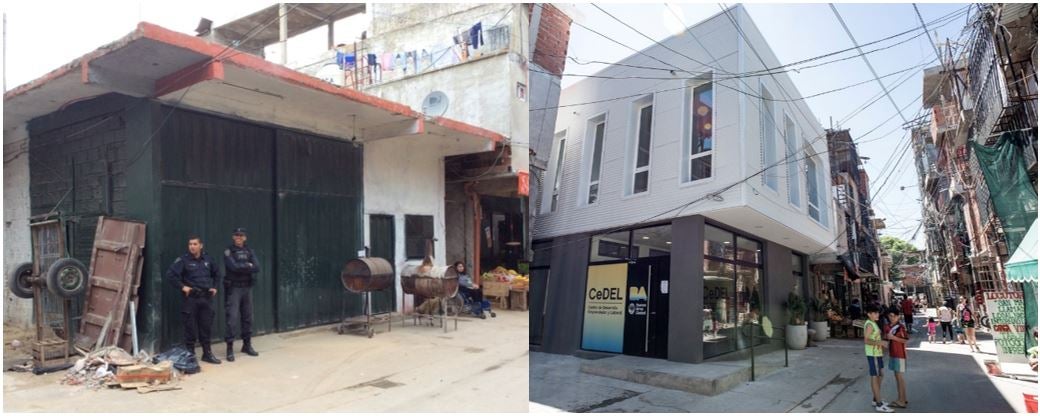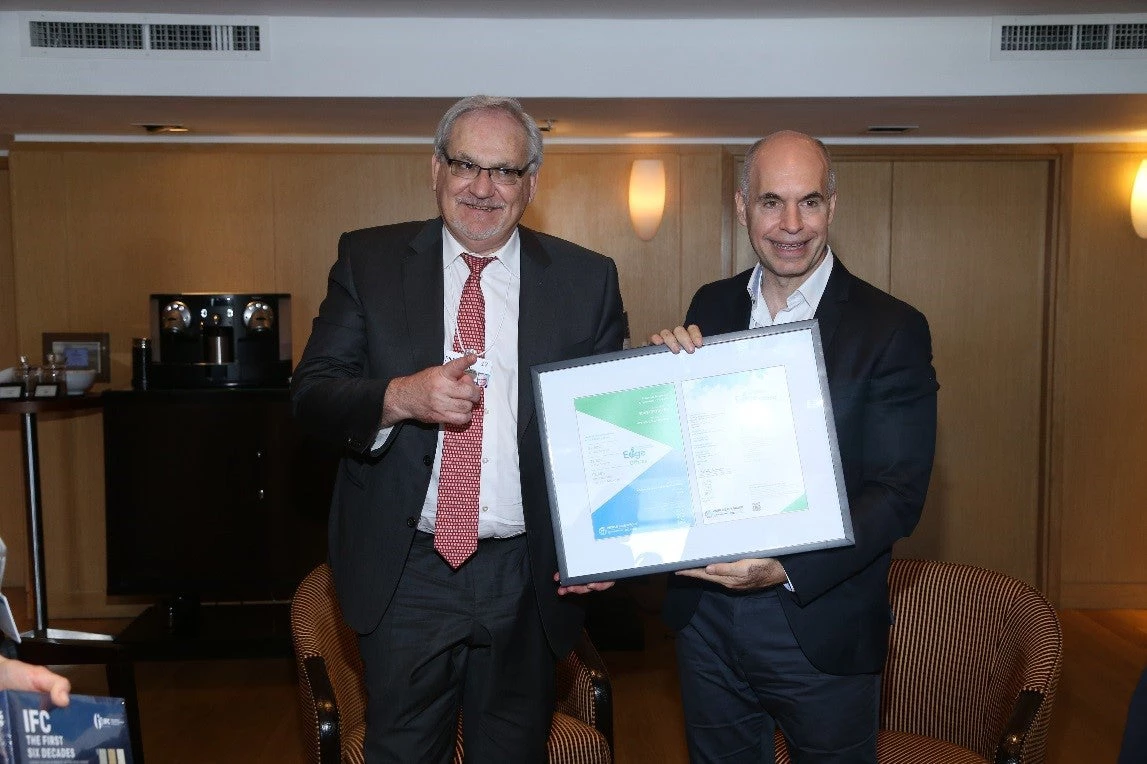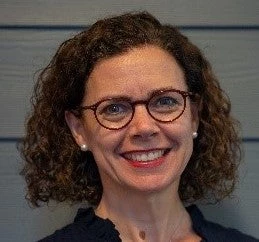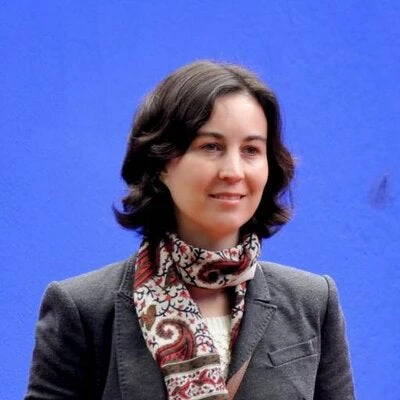Villa 31, an iconic urban settlement in the heart of Buenos Aires, is home to about 43,000 of the city’s poor. In Argentina, paradoxically, urban slums are called ‘ villas’ – a word usually tied with luxury in many parts of the world.
But Villa 31 is far from being luxurious. Its crumbling infrastructure, limited connectivity, poor housing, and lack of quality basic services make life difficult for its residents. These conditions also contribute to high electricity consumption per household, which translates into costly bills for the municipality who currently pays for this service.
But things are changing.
Buenos Aires has made it a priority to transform this settlement, embarking on an ambitious plan not only to improve its living standards but to ensure a long-lasting social and urban integration with the rest of the city. This way, Villa 31 will be transformed from a slum (villa) to a neighborhood (barrio) – Barrio 31.
The transformation of Villa 31 requires a holistic, multi-disciplinary approach that encompasses affordable and comfortable housing, as well as environmental, social and financial sustainability. The World Bank is supporting this transformation through the Metropolitan Buenos Aires Urban Transformation Project.
In this puzzle, energy efficiency can play a significant role.
With a strong commitment from the city of Buenos Aires, the aim is to integrate energy efficiency considerations with Villa 31’s transformation plan. The World Bank is providing technical assistance to achieve this goal, with support from the Energy Sector Management Assistance Program (ESMAP).
Here is what is driving Buenos Aires’ authorities to pursue energy efficiency measures:
- More energy efficient housing and infrastructure will help more people access safe, reliable and affordable electricity.
- Modernizing insulation, heating and cooling systems can not only make homes more comfortable to live in, but can also help control energy consumption. This could free up government resources currently being spent on electricity subsidies for other priorities.
- As Villa 31 gradually moves towards regulated connection to electricity, energy efficiency measures will help lower the impact of the transition by reducing electricity costs, which can consume a significant share of household incomes.
- Energy efficient services (e.g., street lighting) can enjoy lower operation costs without compromising quality
- Investing in residential energy efficiency could support local businesses by creating more job opportunities.
- Enhanced energy efficiency will contribute to lowering greenhouse gas emissions and thus bring environmental benefits.
While plans for construction of new homes and rehabilitation of existing structures are being developed, the Chief of Government of Buenos Aires, Mr. Horacio Rodriguez Larreta, inaugurated the Center for Entrepreneurial and Labor Development ( Centro de Desarrollo Emprendedor y Laboral, CEDEL) in the neighborhood. He now works from his office at the CEDEL one day a week, – a clear signal that things are changing.

Photo credit: Government of the City of Buenos Aires

But the ambition does not end here.
If the project succeeds in improving people’s living conditions, delivering energy efficient homes and lowering energy bills, the transformation may be replicable. If it is possible to turn Villa 31 into Barrio 31, could it not also be possible to do the same with other vulnerable neighborhoods in the city and across the country?
The Energy Sector Management Assistance Program (ESMAP) is a global, multi-donor technical assistance trust fund administered by the World Bank and cosponsored by 13 official bilateral donors. Find more information in www.esmap.org
An innovation of the International Finance Corporation, EDGE makes it faster, easier and more affordable than ever before to build and brand green in more than 130 emerging markets. Find more information in www.edgebuildings.com



Join the Conversation